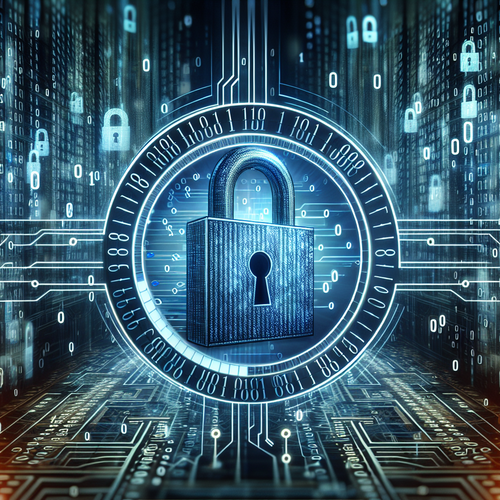
The Role of Blockchain in Data Security
The Role of Blockchain in Data Security
In the digital age, data security is paramount. As cyber threats evolve, organizations seek innovative solutions to protect sensitive information. One technology gaining traction in this realm is blockchain. Its decentralized and immutable nature offers unique advantages for securing data. In this article, we will explore how blockchain enhances data security across various industries and its potential to mitigate cyber threats.
Understanding Blockchain Technology
Blockchain is a distributed ledger technology that stores data in a manner that is secure, transparent, and unchangeable. Each block in the chain contains a list of transactions, which are confirmed by a consensus of network participants. This structure ensures that once data is added to the blockchain, it cannot be altered without the agreement of the network, thus enhancing its security.
Key Features Contributing to Data Security
- Decentralization: Unlike traditional databases, where a central authority manages data, blockchain operates on a peer-to-peer network. This eliminates single points of failure and enhances resilience against attacks.
- Immutability: Once data is recorded in a blockchain, it cannot be deleted or altered. This feature protects data integrity and ensures that any unauthorized changes can be easily detected.
- Encryption: Blockchain employs advanced cryptographic techniques to secure data. Each transaction is encrypted, ensuring that only authorized parties can access the information.
Applications of Blockchain in Data Security
Several industries are deploying blockchain to enhance data security:
Healthcare
In healthcare, patient data security is critical. Blockchain can securely store electronic health records (EHRs), ensuring that only authorized personnel access sensitive information while maintaining patient privacy.
Financial Services
The financial sector uses blockchain to safeguard transactions and reduce fraud. By providing a transparent and secure method of recording transactions, blockchain helps institutions maintain trust and integrity.
Supply Chain Management
Blockchain allows organizations to track products throughout the supply chain securely. This transparency helps prevent counterfeiting and enables quick recalls in case of safety concerns.
Challenges and Considerations
While blockchain offers substantial benefits for data security, challenges remain. Scalability, energy consumption, and regulatory uncertainties are critical factors that organizations need to address. Furthermore, understanding how to integrate blockchain with existing systems is crucial for successful implementation.
The Future of Blockchain in Data Security
As technology continues to evolve, the role of blockchain in enhancing data security will likely expand. Innovations in blockchain protocols could address current limitations, making this technology an even more integral part of data protection strategies.
Conclusion
With the increasing frequency of cyber threats, organizations must innovate to safeguard their data. Blockchain technology offers a promising solution, providing enhanced security through its decentralized, immutable, and encrypted nature. By leveraging blockchain, businesses can protect sensitive information and foster trust among stakeholders.
For more insights on protecting sensitive data, don’t miss our post on AI-Driven Cybersecurity Solutions.



